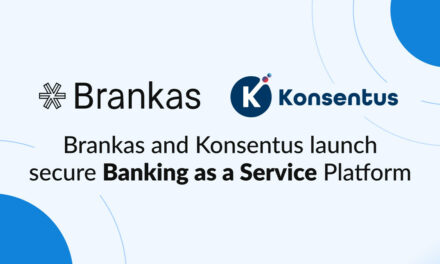New statistics from Comparethemarket.com have revealed the financial consequences of ‘Buy Now, Pay Later’ schemes.
The survey of over 2,000 UK adults indicates that over two million UK adults who have used ‘Buy Now, Pay Later’ schemes (BNPL) have had their credit scores damaged by using these payment schemes, as national levels of consumer debt continue to rise.
BNPL schemes, which allow shoppers to delay or spread the cost of a purchase, are now a commonly used payment method, with one in five (20%) of adults saying they have purchased items via one of these schemes over the past twelve months – equating to 10 million people across the UK.
If shoppers miss a BNPL payment, the ‘default’ will appear as a black mark on their credit report, potentially damaging their credit score, however, two-fifths (41%) of consumers are unaware that BNPL schemes could affect their credit score. Missed payments are visible to lenders on credit reports for six years, which could mean these individuals face eligibility issues when applying for future credit, such as a loan, credit card or mortgage.
Consumer debt has increased by £60 billion in the last five years. BNPL schemes appear to encourage borrowing, with two-fifths (40%) of shoppers admitting they spend more than they usually would without the scheme and over half (51%) feel it has contributed to their increased levels of personal debt.
The brunt of the BNPL problem is shouldered by young people. 25 to 34-year olds are particularly dependent on BNPL, with nearly a third (33%) using the scheme during the past year. As 39% say this has damaged their credit score, BNPL may have the unintended consequence of making stepping onto the housing ladder even more difficult for this age group.
Websites also appear to have a role to play in adequately explaining BNPL schemes to their customers; one in five (20%) feel they weren’t shown the terms and conditions of the offer clearly and over half (56%) say they would not have purchased the item if they had known that BNPL was the default payment option.
The research found that many shoppers prefer to use BNPL over other forms of credit. Over a third (35%) would choose to use BNPL compared to 15% who would opt for a credit card. One in ten (11%) shoppers said they chose to use BNPL as they had reached their existing credit card limit already.
John Crossley, Head of Money at comparethemarket.com, said “The allure of Buy Now Pay Later is clear but these statistics show that such schemes are encouraging people into taking on more debt than perhaps they realise. Failure to pay outstanding bills can damage your credit score and result in a spiral of outstanding payments which could jeopardize important life milestones like buying a house. It is concerning that many of these schemes appear to be targeted at younger demographics.”
“If you need to take on credit for essential purchases, there are cheaper and less risky alternatives available. Many credit cards offer 0% interest on new purchases, often for up to two years. It’s also worth checking your eligibility for credit by using a soft eligibility checker which won’t damage your credit score.”
Source: Credit-Connect


























